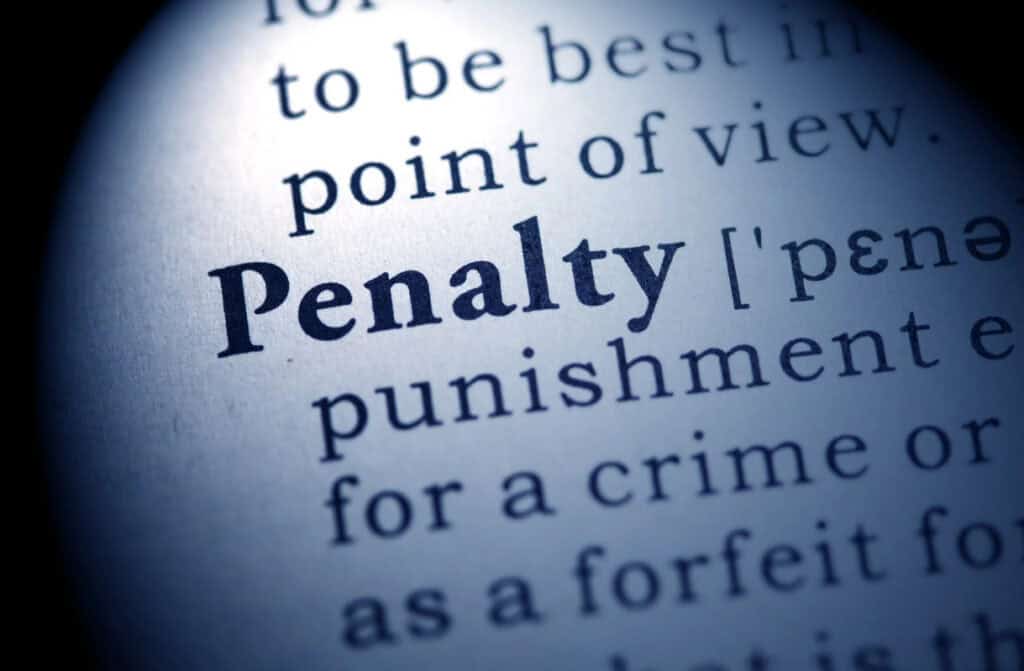The death penalty, also called capital punishment, is a topic of much legal and moral discussion. It has been used for many years in different places with varying reasons and levels of acceptance.
Table of Contents
This article talks about the legal sides to this argument – why some people support it while others don’t, the moral reasons behind these views, as well as how things are currently regarding using the death penalty around our world.

Legal Arguments for the Death Penalty
People who support the death penalty usually make their case based on deterrence and retribution. They say that the death penalty deters people from doing serious crimes like murder, because it creates a fear of getting the most severe punishment.
This viewpoint is built on the belief that those who might think about committing a crime will reconsider if they understand there’s a chance for them to be executed. Another legal argument that supports the use of the death penalty is retribution.

This viewpoint maintains that some crimes are extremely wicked, and the only suitable penalty for them is death. Execution can offer a feeling of justice to those who suffered from such acts as well as their families. Retribution, at its core, follows the principle of “an eye for an eye”. It implies that punishment should match with crime committed.
Fans of the death penalty also say that it gives a sense of conclusion for families affected by crime. They might feel like justice is done when the person who caused harm gets executed. Furthermore, they argue that it stops the convicted person from doing more crimes, which keeps everyone safe.
Legal Arguments Against the Death Penalty
Those who are against the death penalty question its role as a discouragement, pointing to research and numbers that indicate no solid proof of capital punishment being an effective method for reducing crime levels.
They assert that life in prison without possibility for parole can work just as well in preventing crimes while also bypassing the irreversible aspect tied to execution. One important legal argument against the death penalty is the possibility of making mistakes in convictions.
The courts and law enforcement system are not perfect, and there have been many instances where people given a death sentence were later found innocent by new proof – frequently involving DNA examination.
The fact that once a person is executed, it cannot be reversed means if an execution happens wrongly then there will be an unfixable mistake done (miscarriage of justice). Additionally, adversaries bring up the arbitrary and discriminatory nature of the death penalty’s implementation.
Researchers have demonstrated that elements like race, socio-economic condition and location can impact who gets sentenced to death; this often results in accusations about systematic prejudice along with inconsistent dispensation of fairness.
Moral Considerations
Moral thoughts are very important in the discussion about the death penalty. Supporters may use moral anger for special severe crimes, saying that this type of punishment is morally correct as an ultimate response to these most serious offenses.
They think certain actions, like planning murder or doing terrorism acts, deserve the harshest kind of payback. On the opposing side, those against capital punishment assert that it’s fundamentally inhumane and ethically incorrect for a government to end someone’s life.
They trust this method degrades human life and continues the chain of violence. This perspective frequently gets encouragement from spiritual and ethical beliefs which underline how holy human life is, along with chances for change or improvement.
Also, many people who oppose the death penalty say that when a state does the same thing it wants to punish, its moral power becomes weak.
They claim that by killing people, the state is giving a mixed message – on one side saying killing is wrong but then showing it’s okay in some situations, it is up to the criminal lawyer to help people understand the gray lines when it comes to it.
Economic Costs of the Death Penalty
Another important aspect to think about in the discussion on the death penalty is its economic cost. Research conducted both in the United States and other nations have revealed that capital punishment is much more costly than life imprisonment without parole.
The main reasons behind these high expenses are long and intricate legal procedures, which involve trials, appeals as well as special conditions for those on death row. Judicial Costs: Courts are responsible for paying the salaries of judges, prosecutors and other related expenses. The rising number of court cases puts a strain on this system.
Detractors claim that the money used for the death penalty could be put to better use in enhancing the criminal justice system, helping victims of crime, and executing efficient strategies to reduce crime. This viewpoint from an economic standpoint gives another dimension to arguments against capital punishment.
Recent Reforms and Global Trends
In general, globally there is a trend towards reduction and elimination of capital punishment. The quantity of executions and new death penalties has decreased as per Amnesty International.
This decline can be attributed to increasing worldwide stress as well as efforts made by human rights groups advocating for its complete end. Moratoriums on executions have been declared in different countries, even if the law still allows for the death penalty.
Malaysia is one example of this change in policy as it announced a moratorium on executions during 2018 and has been taking steps towards potential abolition. Groups at the global level, like the United Nations, have been pushing for an end to the death penalty.
The UN General Assembly has made many decisions asking all countries around the world to stop executing people as part of a worldwide pause on this act with final aim towards abolition. These actions show a general agreement across nations that capital punishment goes against basic human rights ideas.

Recent Reforms and Global Trends
On the worldwide scale, a clear pattern is seen: there’s less and less use of the death penalty with time. Based on information from Amnesty International, numbers for executions as well as fresh death sentences have shown reduction in recent years.
This decrease can be attributed to increasing global influence and actions by human rights groups that are pushing for its elimination.
Moratoriums on executions have been declared in a few nations, showing policy change even when the law still allows the death penalty. For example, Malaysia made known a moratorium on executions in 2018 and is going towards possible abolition.
Final Words About Death Penalty
The death penalty, also known as capital punishment, is still one of the most disputed and divided issues in criminal justice. Legal discussions about it focus on arguments for or against its use that show strong beliefs concerning justice, dissuasion and the part of a government.
Morality adds more layers to this discussion; people and communities are dealing with basic queries about human life’s worthiness and ethics regarding authorized killing by state.
The situation of the death penalty today is very different depending on where you look, because each jurisdiction has its unique cultural, legal and political factors influencing this matter.
While there exists a worldwide movement towards abolition or lessening use of capital punishment (as seen by United Nations resolutions), there are still major obstacles to completely stopping it—especially in those countries that continue with executions.
The future of the death penalty, as worldwide discussions go on, will be influenced by changing legal norms, moral reasoning and evolving public views. The way we handle this punishment globally might change slowly or end abruptly. It will mirror the wider values and justice beliefs related to human rights.



